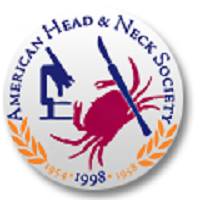As the familiar saying goes, “If you are not at the table then you’re probably on the menu.” This is never more relevant than it is right now in regard to the role of surgeons in the evolving era of cutaneous squamous cell carcinoma (cSCCA) and immunotherapy. I think we can all agree that the advent of immune checkpoint inhibitors (referred herein as immunotherapy or IO) is one of the greatest oncologic breakthroughs – especially for cSCCA. Since head and neck surgeons do not prescribe systemic palliative treatments, many otolaryngologists did not notice the increasing use of IO for recurrent/metastatic/locally advanced cSCCA when cemiplimab (Libtayo) and then pembrolizumab (Keytruda) received FDA approval in 2018 and 2020, respectively. In patients who would have otherwise succumbed to their advanced cSCCA, we began seeing objective response rates of 44-50%1,2 and complete response rates of 13-17%.1,2 Naturally when seeing complete (and in some cases durable) responses, the question of neoadjuvant IO for cSCCA began emerging. Now there are multiple neoadjuvant IO clinical trials in the works. But how far will the pendulum swing? Historically, head and neck surgeons have been the gate keepers for advanced cSCCA – making the determination of whether a cancer is resectable (i.e., curable) or unresectable, and then proceeding with surgical treatment or making appropriate referrals based on their assessment. However, with such incredible response rates, is there a possibility that in the future surgeons may be bypassed and only consulted when/if a patient fails upfront IO? This is a potential predicament for which head and neck surgeons should be aware and proactive.
A recent patient experience of mine can serve as a case study. Sue (name has been changed) is a healthy 89-year-old female who neglected a large preauricular cSCCA due to fears of leaving her home during the COVID-19 pandemic. Upon eventual consultation she had a large, fixed, 7 x 5 cm ulcerated cheek mass with deep infiltration into the parotid gland (Photo 1). Her facial nerve was fully functioning.
Sue was apprehensive as we discussed the standard of care treatment, namely wide local excision of the cheek, parotidectomy and neck dissection, reconstruction, risks to the facial nerve, and adjuvant radiotherapy. We also discussed the option of palliative IO. After consulting with a medical oncologist, Sue decided to start cemiplimab. We were all amazed to watch the tumor begin to dissolve after only 3 cycles (Photo 2).
After 6 cycles, the primary tumor had completely resolved (Photo 3), and everyone was giving each other high fives and fist bumps.
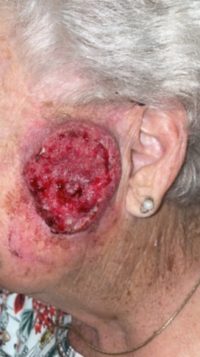
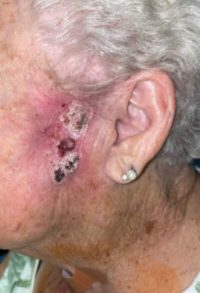
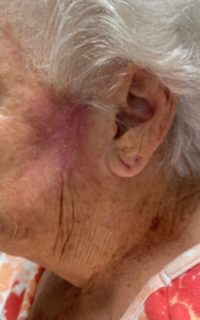
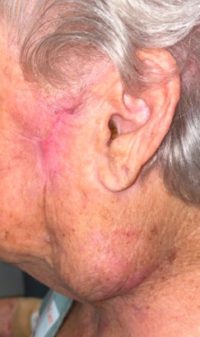
However, shortly thereafter a CT revealed that one external jugular lymph node was not shrinking, rather, it was getting ominously larger (Photo 4). I counseled the patient that we now had a window to perform a less morbid lymphadenectomy, followed by adjuvant radiotherapy for potential cure. However, given the incredible response of the primary skin lesion and her reluctance for surgery, she adamantly declined surgery. Six weeks later she was back in my office with a rapidly growing lymph node metastasis that was invading her SCM and overlying skin. At this point she was agreeable to surgery and post-operative radiotherapy.
Luckily for Sue, she did very well through a parotidectomy and modified radical neck dissection, preserving her facial skin and facial nerve. She will be starting radiotherapy shortly.
This case illustrates multiple valuable lessons. First, the era of surgeons functioning in an ivory tower without an understanding of alternative treatments options is far behind us. As surgeons, we must be well versed in all non-surgical oncologic treatments and familiar with the risk/benefit ratios and limitations of such – especially IO. Second, it is incumbent upon us to wisely wield the power of surgery, demonstrating appropriate surgical judgement and restraint. With more effective “palliative” options, we must be realistic and open about the risks and morbidity of resecting locoregionally advanced cSCCA in a population that is predominantly more elderly and frail. Third, IO does not work in every patient. As with Sue’s case, we can see “mixed” responses, which make treatment decisions even more challenging. Finally, and very importantly, the role of head and neck surgeons is still essential in the care of advanced cSCCA and that should not be relinquished. Forthwith I see that the term “palliative IO” will be replaced with “induction IO.” It is vital that surgeons continue to provide an initial consultation for these patients and be involved in the treatment planning. If upfront IO is administered, it is imperative that the surgeon follow along closely in the chance that the patient does not respond or has a mixed response (as in this case).
I contend that more than ever, advanced cSCCA requires a multi-disciplinary approach – and that surgeons are and should remain central in that team. We, as head and neck oncologic specialists, must be active and engaged in the upcoming discussions and clinical trials as we find our way towards the “new” standard of care for advanced cSCCA. As we all know, “If you are not at the table then you’re probably on the menu,” and as a specialty we still have an essential skill set to bring to the table for the benefit of our patients.
References:
- Lancet Oncol. 2020 Feb;21(2):294-305
- Ann Oncol. 2021 Oct;32(10):1276-1285

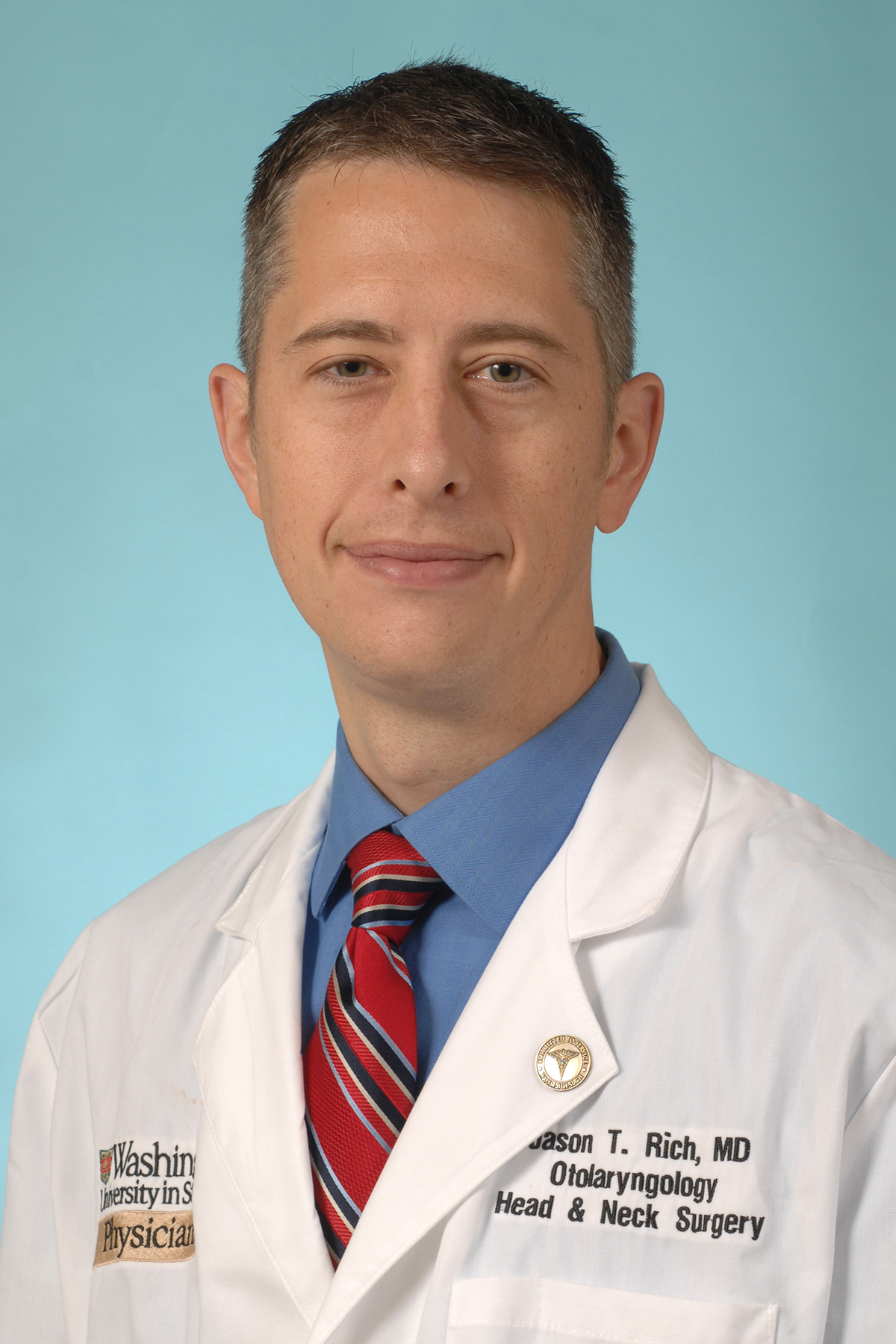
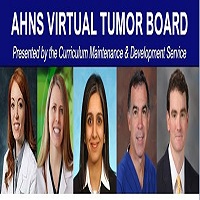 AHNS Virtual Tumor Board, November 3, 2021: Thyroid – Good, Bad, Ugly
AHNS Virtual Tumor Board, November 3, 2021: Thyroid – Good, Bad, Ugly